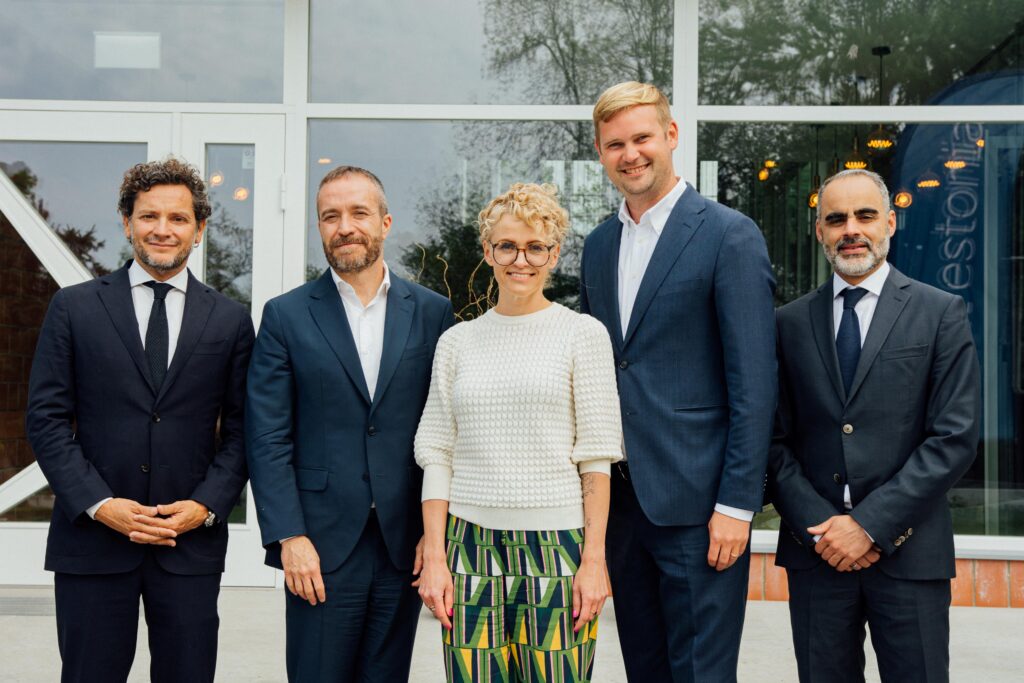
On the occasion of the EU-India Aviation Summit kicking off in New Delhi, ACI Asia-Pacific and ACI EUROPE jointly called on India and the European Union (EU) to establish a comprehensive aviation agreement to liberalise traffic rights and boost regulatory alignment, including the acceleration of decarbonisation policies between the two regions.
The EU-India Aviation Summit has been organised jointly by the European Commission and the Ministry of Civil Aviation of India with a focus on improving connectivity, promoting environmental sustainability, tackling infrastructure bottlenecks, fostering innovation and addressing regulatory issues. Both the European and Indian airport industries welcome the Summit as a springboard for establishing closer cooperation and integration between the two markets.
India’s aviation sector has been amongst the fastest growing in the world, with ACI’s long-term forecast indicating that by 2041 India is expected to grow by 339% over 2022, reaching 1.1 billion passengers flown. This will result in fast[1]increasing demand on EU-India routes.
Therefore, it is essential for India and the EU to work on a comprehensive aviation agreement that would effectively enable the development of air connectivity by removing current traffic rights limitations and red tape. Crucially, such a comprehensive aviation agreement would support trade and tourism with significant benefits for consumers and the economy on both sides.
ACI Asia-Pacific and ACI EUROPE also emphasised the need to increase cooperation and seek policy and regulatory alignment in areas such as environment, safety and security, facilitation and competition. In particular:
- Close alignment between the EU and India on how to fast-track the implementation of ICAO’s Long-term Aspirational Goal of net zero CO2 emissions must be facilitated through a reinforced aviation partnership. Accelerating decarbonisation is a top priority for the aviation sector, and airports have been at the forefront of the decarbonisation challenge with both EU and Indian airports actively working on reducing their carbon emissions through Airport Carbon Accreditation programme .
- Increase cooperation in areas such as safety, security, facilitation and consumer protection, including the establishment of a roadmap towards a ‘one-stop security regime’ between the EU and India. One-Stop Security (OSS) refers to the removal of duplicated security screening of passengers and baggage at the transfer airport, endorsed by ICAO and successfully applied by Europe along with several other countries around the world. Additionally, Immigration Pre-Clearance between India and EU, similar to the process adopted by the US in airports like Abu Dhabi would be key to facilitate ease of travel.
- Enhance cooperation between India and EU that reduces red tape in terms of visa issuance, which is particularly cumbersome for Indian citizens2 . A simplification of the process, including the speedy delivery of consular and visa services, would facilitate the movement of people between India and EU and enhance business relations and tourism – particularly considering the growing disposable income of Indian citizens which is set to increase the currently low propensity to fly.
Olivier Jankovec, Director General of ACI EUROPE said: “Liberal aviation agreements have become a staple of successful economic development strategies – with the connectivity they unleash being key to attract inward investment, achieve economic diversification and support livelihoods. All this shows there is so much more at stake than just aviation in what we are discussing today in New Delhi. There is no doubt that a comprehensive aviation agreement between the EU and India would be a game-changer on many levels. While the benefits would primarily accrue to consumers and communities on both sides, it would also enable closer cooperation and progress in delivering on the industry’s ambitious climate goals. We therefore urge both the EU and India to move forward and start negotiations as soon as possible.”
Stefano Baronci, Director General of ACI Asia-Pacific said: “The economic and social implications of a stronger cooperation between the EU and India are clear to all, given the strong perspective to growth of these two partners. Consumers in India would be the first beneficiary of a closer cooperation, with less hurdles and more choices to fly, more competitive prices and improved service more respectful of the environment. All this is subject to ensuring a strong commitment by both parties to further liberalises traffic rights, simplify the VISA issuance to fly to the Schengen area, introduce a one-stop-security regime to unleash the potentials of Indian airports as international hubs and secure public and private investment for the decarbonisation of the sector.”
8 airports in India are now certified within Airport Carbon Accreditation, with two airports at the highest-level 4+ ‘Transition’: New Delhi Indira Gandhi International Airport and Mumbai Chhatrapati Shivaji Maharaj International Airport. Kempegowda Airport and Hyderabad International are carbon neutral, at Level 3+. There are 186 airports certified for carbon management in the EU, of which 35 are at the highest level of the programme.



 share
share









































